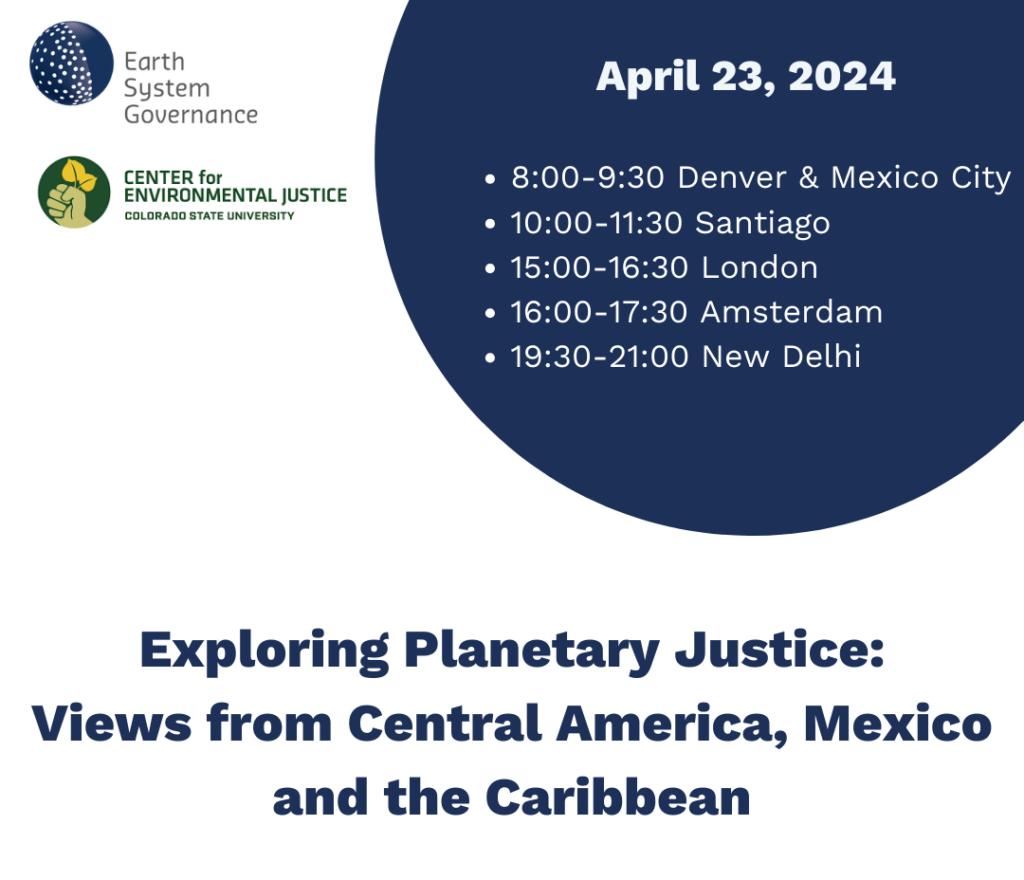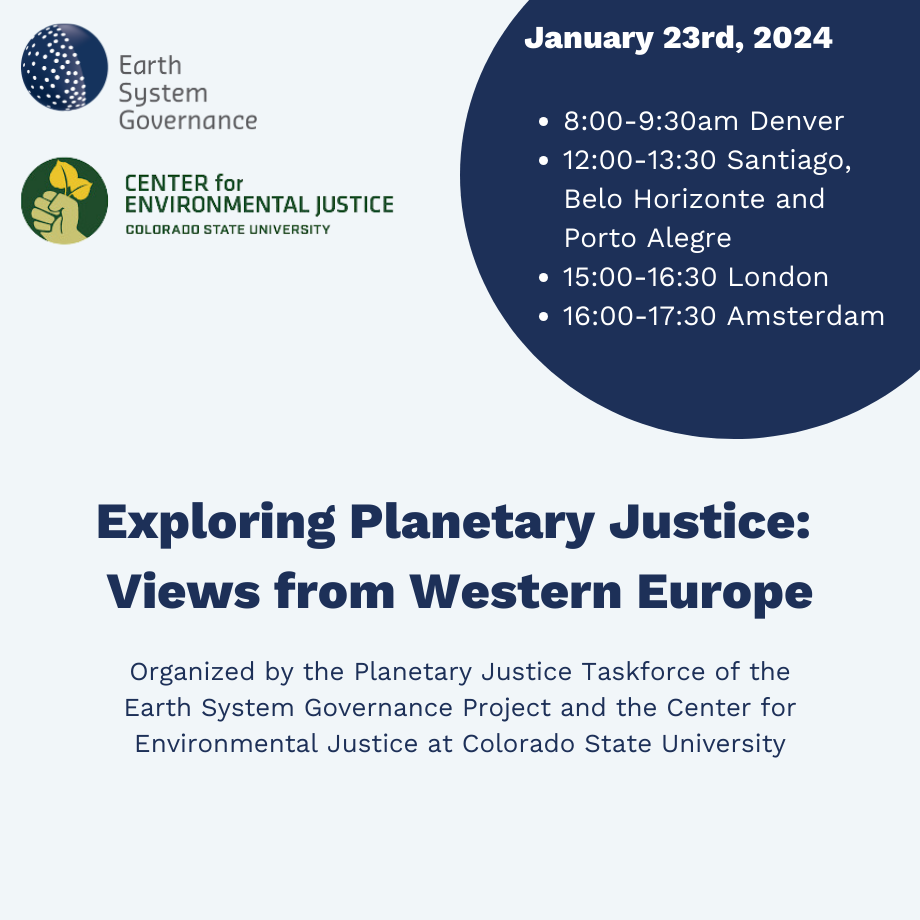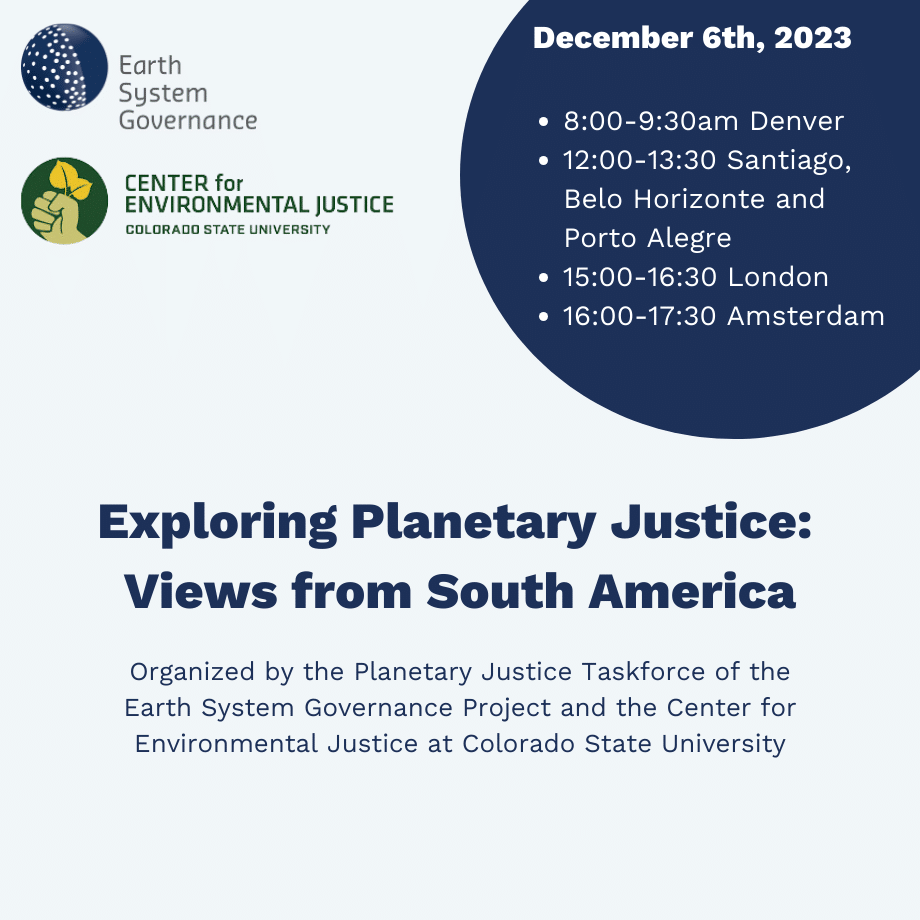Session Summary and Conference Report
The conference session Uncertainties in the context of Earth System governance at the Interdisciplinary Conference of Young Earth System Scientists 2013 had been endorsed by the Earth System Governance Project. A detailed report, including a summary on this session and the overall conference is available here.
—————-
Conference and Call for Applications
The Interdisciplinary Conference of Young Earth System Scientists is organised by young scientists from various institutes and disciplines from different countries, in close collaboration with the School of Integrated Climate System Sciences (SICSS) and the Young Earth System Scientists community (YESS). It is funded by the Körber Foundation, the German Climate Consortium (DKK) and the Cluster of Excellence CliSAP via SICSS (Hamburg), and supported by the Clusters of Excellence MARUM (Bremen) and Future Ocean (Kiel).
Session chairs: Andreas Schmidt & Rebecca Stecker
For more than three decades, societal actors – initially mainly from science, later also from politics, civil society and businesses – discuss planetary boundaries, Earth system change and sustainability. It is now a widely shared perception that issues like climate change, biodiversity loss or the pollution of oceans pose serious challenges and require societal reactions.
In the social sciences, the concept of Earth system governance has been developed to analyse such societal responses and to find solutions for sustainable governance of natural resources. The concept encompasses public as well as private activities at various societal scales that are intended to mitigate anthropogenic pressure on (different parts of) the Earth system or to adapt to the consequences of its transformation, e.g. changed climatic conditions. Among others, uncertainties are one of the central issues Earth system governance research deals with. Uncertainties in the context of Earth system governance generate some important research challenges, e.g.:
- Analytical uncertainties: What are the effects and costs of different policy options?
- Normative uncertainties: What are the goals and appropriate norms to guide Earth system governance? Who defines them and what conflicts do exist?
- Decision‐making under uncertainty: How do uncertainties affect decision‐making in Earth system governance? How to deal with them in politics?
- Limited understanding concerning the genesis and development of Earth system governance: What factors influence the establishment and design of governance structures?
- Uncertainties, research designs and methods: How to deal with uncertainties concerning relevant factors and/or their values in research? Which research designs and methods are appropriate to minimise uncertainties?
We aim to discuss these and related issues within the session Uncertainties in the context of Earth system governance, its goals, effects and costs which is part of the Interdisciplinary Conference of Young Earth System Scientists. Moreover, we want to foster interdisciplinary exchange and provide a broad overview over approaches towards analysing different aspects of Earth system governance. Therefore, we invite young scholars from various disciplines (e.g. political science, sociology, law, communication studies, economics, geography, environmental science, and sustainability research) to submit proposals. Proposals should both make a contribution to the session focus on uncertainties and describe the underlying research project.
Submission Deadline: June 1, 2013
For more information on the conference, presentation formats and guidelines and to submit an abstract, please visit the conference website. Other sessions of the conference deal with, for example, “Societal interpretation of scientific knowledge and its limits” or “Limited understanding of environmental impacts on the Anthroposphere”.
For questions concerning the Earth system governance session, please contact: Andreas Schmidt (KlimaCampus / Center for Globalisation and Governance, University of Hamburg): andreas.schmidt [at] zmaw.de or Rebecca Stecker (Chameleon Research Group, Department of Economics, University of Oldenburg): rebecca.stecker [at] uni‐oldenburg.de



